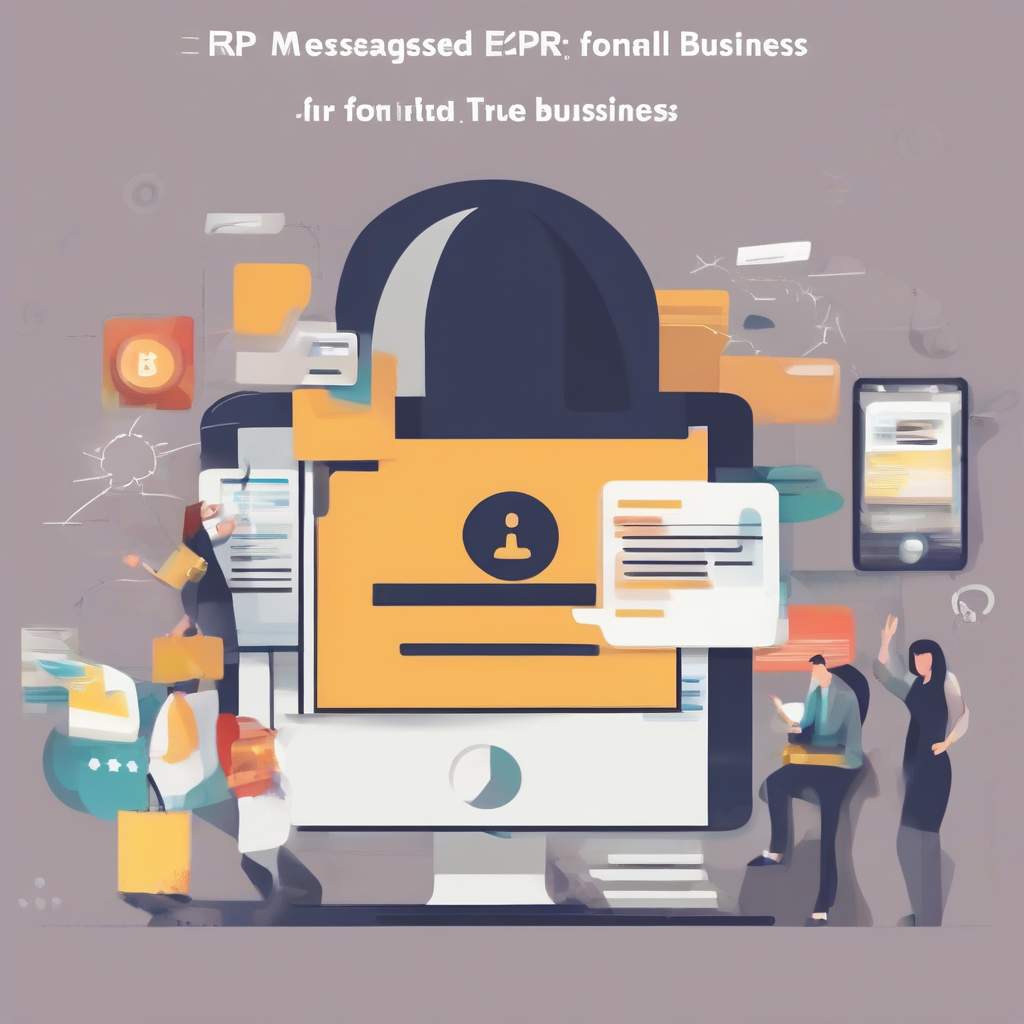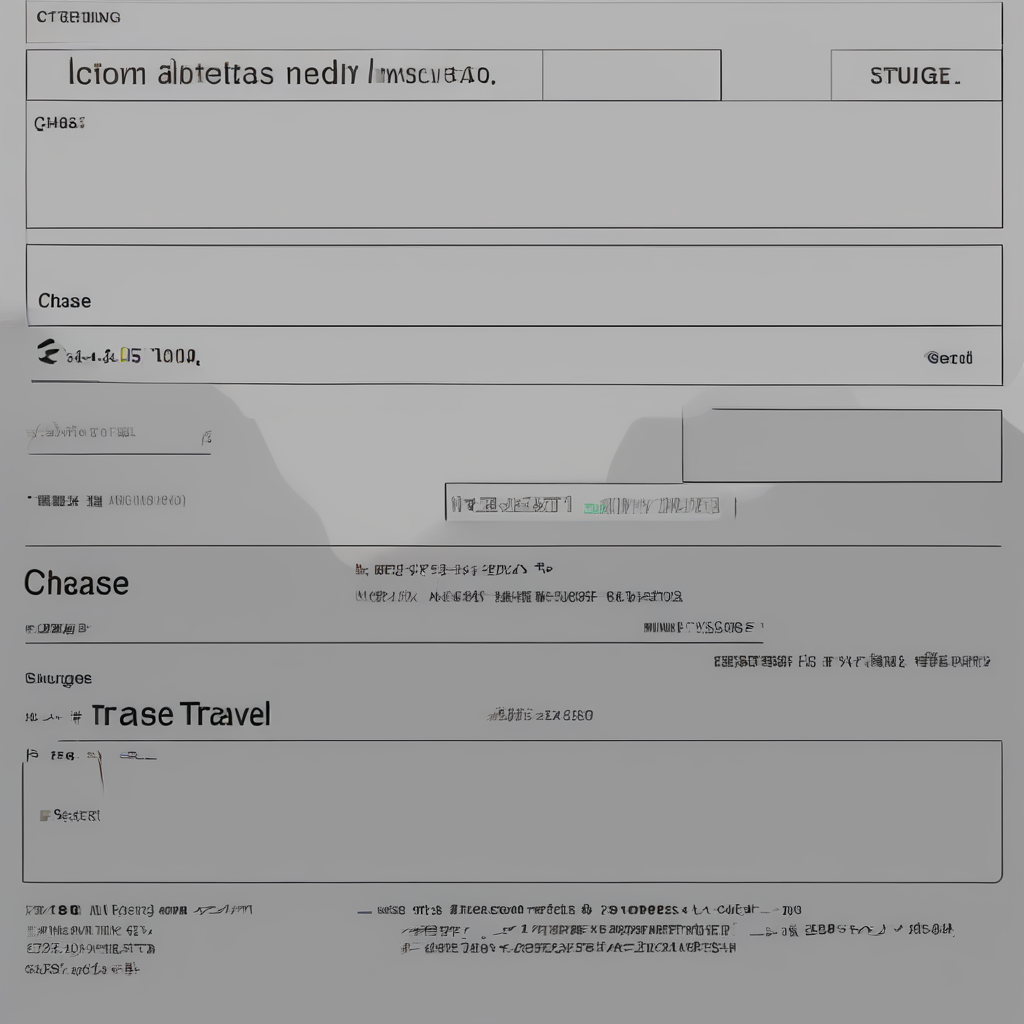ERP System for Small Business: A Complete Guide

ERP System for Small Business: A Complete Guide
An ERP system, or Enterprise Resource Planning system, is a software solution that integrates all of your business's core processes, from finance and accounting to sales and marketing. While large corporations have traditionally used ERP systems, they're becoming increasingly popular for small businesses as well. This is because ERP systems can help small businesses to streamline operations, improve efficiency, and make better decisions.
Benefits of an ERP System for Small Business
- Improved Efficiency and Productivity: By automating tasks and processes, an ERP system can free up your employees' time so they can focus on more strategic work. This can lead to increased productivity and efficiency.
- Enhanced Data Visibility and Reporting: An ERP system provides a centralized database of all your business's data. This allows you to get a clear picture of your business's performance, track key metrics, and identify areas for improvement.
- Better Decision Making: The data provided by an ERP system can help you make more informed decisions about your business. This can lead to better financial planning, more effective marketing campaigns, and improved customer service.
- Increased Customer Satisfaction: By streamlining processes and providing better visibility into your business, an ERP system can help you improve your customer service. This can lead to increased customer satisfaction and loyalty.
- Reduced Costs: An ERP system can help you reduce costs by automating tasks, eliminating redundancies, and improving efficiency.
- Improved Security: An ERP system can help you secure your business data by providing access controls and other security features. This can protect your business from data breaches and other security threats.
- Streamlined Operations: An ERP system can help you streamline your business operations by integrating all of your core processes. This can eliminate silos and improve communication between departments.
Key Features of an ERP System
- Financial Management: An ERP system can help you manage your finances, including accounting, budgeting, and forecasting.
- Inventory Management: An ERP system can help you manage your inventory, including tracking stock levels, ordering, and shipping.
- Sales and Marketing: An ERP system can help you manage your sales and marketing activities, including lead generation, customer relationship management (CRM), and order processing.
- Human Resources: An ERP system can help you manage your human resources, including payroll, benefits, and employee performance tracking.
- Production Management: An ERP system can help you manage your production processes, including planning, scheduling, and quality control.
- Supply Chain Management: An ERP system can help you manage your supply chain, including supplier management, procurement, and logistics.
Choosing the Right ERP System for Your Small Business
There are many different ERP systems available on the market. Choosing the right one for your small business will depend on your specific needs and requirements. Here are some factors to consider:
- Industry: Some ERP systems are designed specifically for certain industries, such as retail, manufacturing, or healthcare. Choose an ERP system that is appropriate for your industry.
- Size of your business: Some ERP systems are designed for large businesses, while others are better suited for small businesses. Choose an ERP system that is scalable to your business needs.
- Budget: ERP systems can range in price from a few hundred dollars to thousands of dollars per month. Choose an ERP system that fits your budget.
- Features: Make sure the ERP system you choose offers the features you need, such as financial management, inventory management, sales and marketing, and human resources.
- Ease of use: The ERP system should be easy to use and understand. Look for a system with a user-friendly interface and good documentation.
- Support: Make sure the ERP vendor provides adequate support, including training, implementation, and ongoing maintenance.
Implementing an ERP System
Implementing an ERP system can be a complex process. It's important to have a plan in place before you start. Here are some tips for implementing an ERP system:
- Define your goals: What do you hope to achieve with an ERP system? Define your goals clearly so you can measure the success of your implementation.
- Choose the right ERP vendor: Do your research and choose an ERP vendor that has a good reputation and a proven track record.
- Get buy-in from your employees: It's important to get buy-in from your employees from the start. Explain the benefits of the ERP system and how it will affect their work.
- Train your employees: Make sure your employees are properly trained on how to use the ERP system. Provide ongoing support and training as needed.
- Test the system: Before you go live with the ERP system, make sure you test it thoroughly to ensure it is working properly.
- Go live gradually: Don't try to implement the ERP system all at once. Go live with one module at a time and then gradually add more modules as you become comfortable with the system.
Conclusion
An ERP system can be a valuable tool for small businesses. By integrating all of your business's core processes, an ERP system can help you to improve efficiency, make better decisions, and grow your business. If you are considering implementing an ERP system, be sure to carefully consider your needs and requirements before you make a decision.
What's Your Reaction?

















